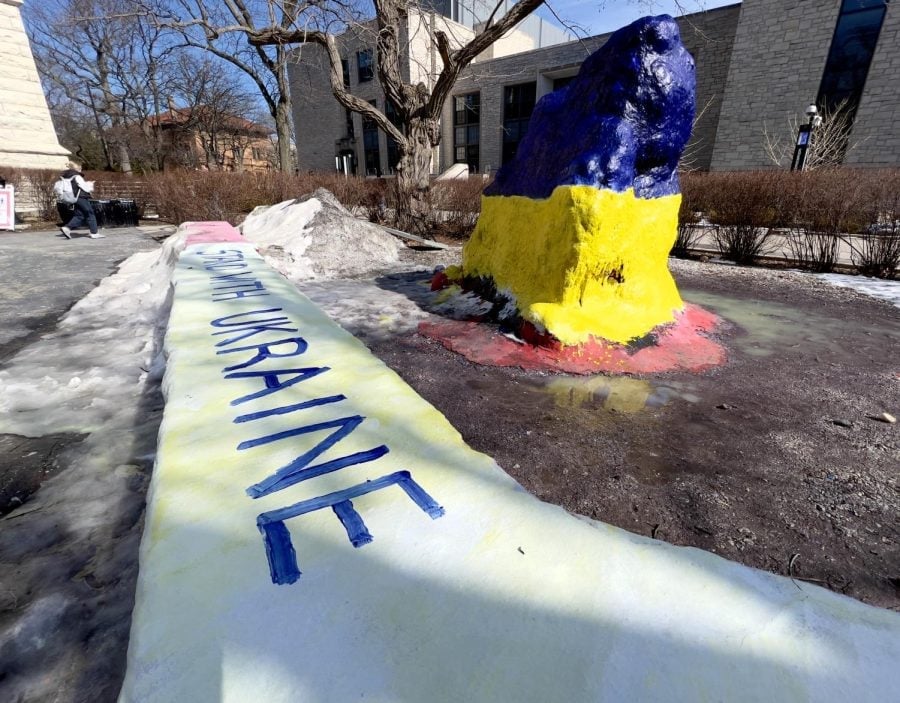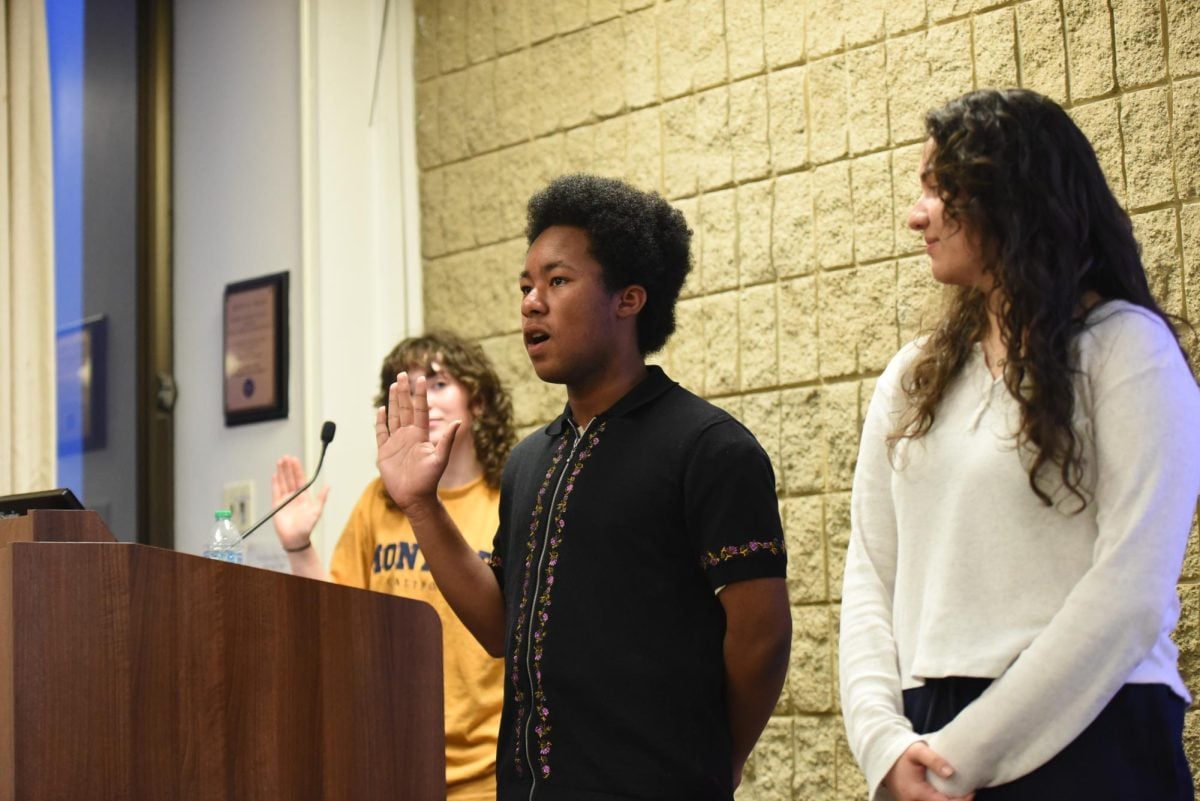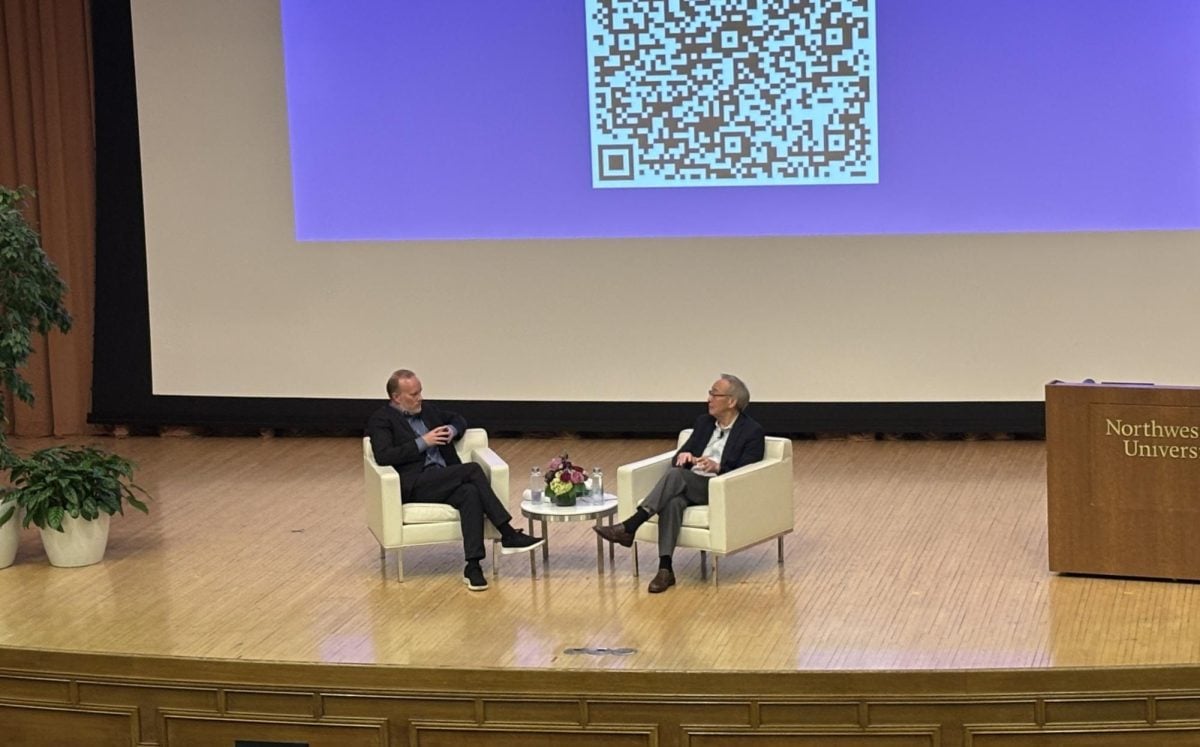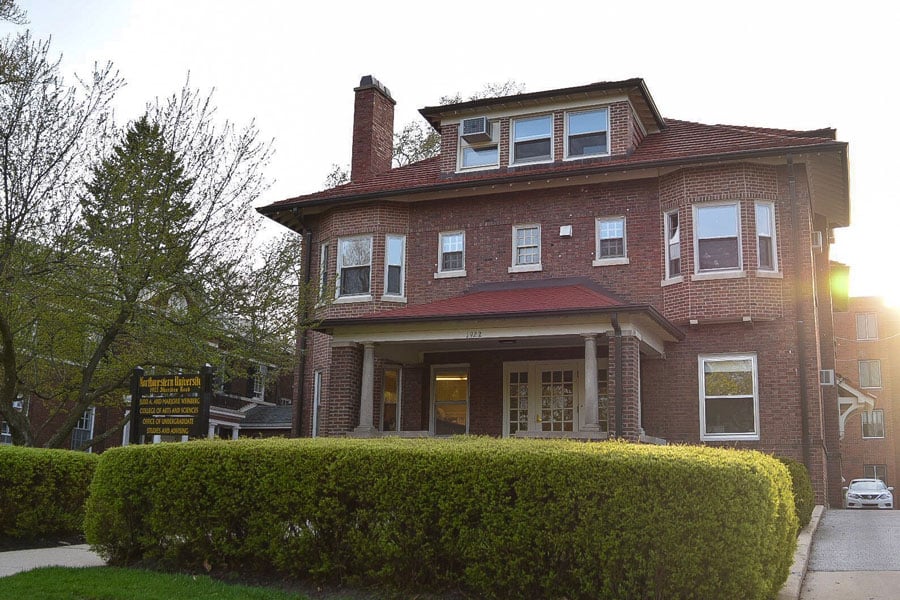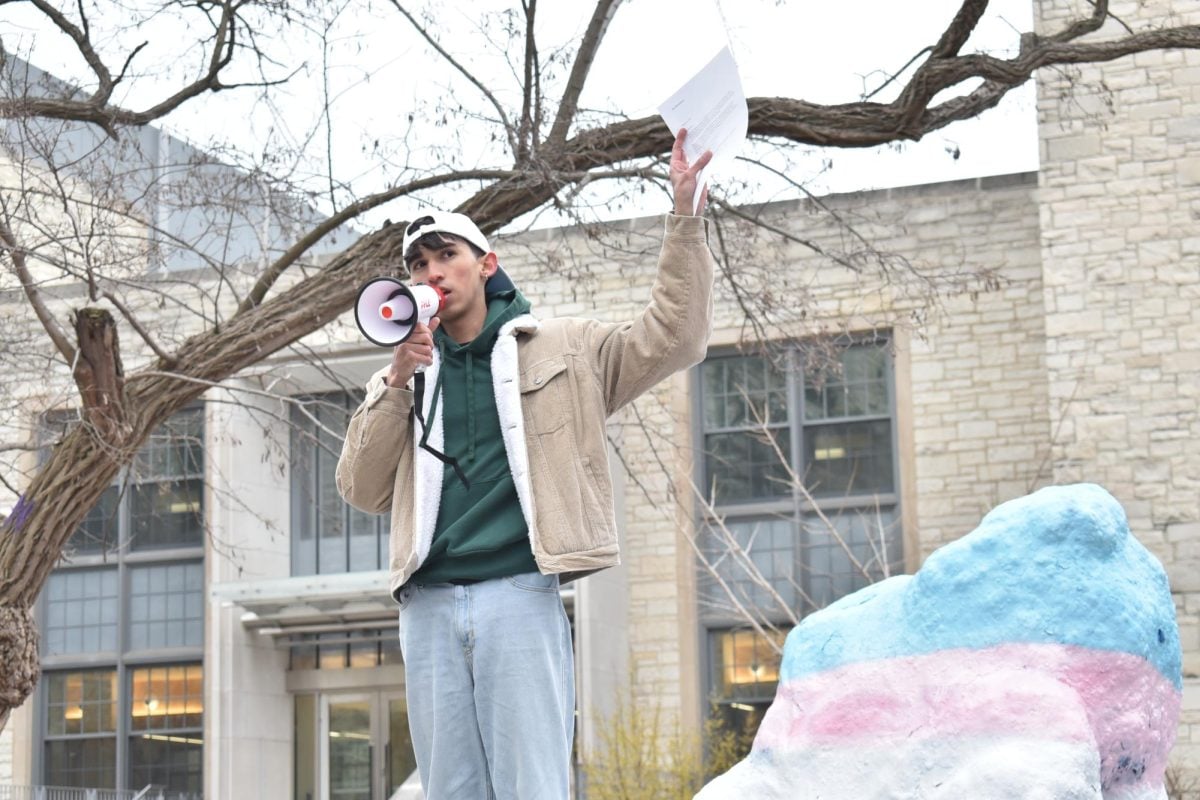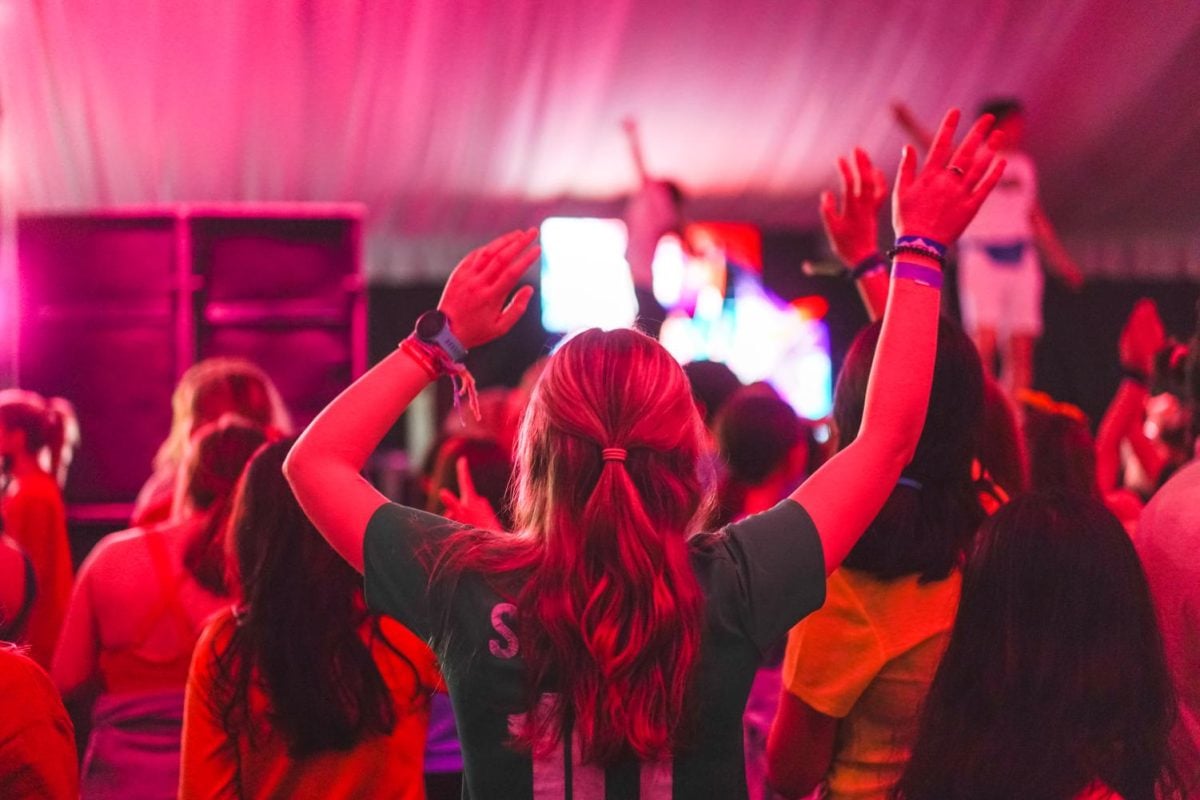Ukrainian-born poet Alex Averbuch read a selection of poems from his latest book “The Jewish King” and his upcoming collection “Of Rage and Longing” in an event sponsored by the Slavic Languages and Literature Department Thursday.
Around a dozen faculty members and graduate students attended the event at Kresge Hall. Averbuch has published three books of poetry, as well as a number of translations between Ukrainian, Russian, Hebrew and English. Averbuch said his writing draws on all of these different languages and cultures.
“My poetry comes from a constant state of orphanage,” Averbuch said. “I am always trying to escape.”
Russia’s two-year invasion is still ongoing, with more than 10,000 civilian deaths in Ukraine, according to the United Nations.
Born in the Ukrainian town of Novoaidar, Averbuch was mostly raised in Israel. He explained before Thursday’s reading that much of his poetry is inspired by the “rootlessness” caused by his mixed Ukrainian-Jewish heritage and repeated migrations.
“The Jewish King” consists of several sections, including meditations on Averbuch’s family history and poems based on actual correspondences between Averbuch’s ancestors. Averbuch said the letters he used as source material were written in a unique Ukrainian dialect called “surzhyk,” which mixes elements of Ukrainian phonetics and the Russian writing system.
In the first poem from “The Jewish King,” Averbuch reflects on his ancestors’ role in defining his identity through the metaphor of “the last supper of (his) body,” where various Ukrainian, Jewish and Polish ancestors “carve (his) heart out” along with other body parts, literally claiming a piece of Averbuch for themselves.
A poem from “Of Rage and Longing” was written in response to a 2023 missile strike on the children’s hospital in Novoaidar, where Russian soldiers were “using children as human shields,” Averbuch said.
The “rootlessness” of Averbuch’s poetry was evident in his bilingual reading. Averbuch read roughly half of the poems in English and the other half in Ukrainian with the corresponding English translation projected onto the screen.
Averbuch’s approach resonated with some audience members, despite the language barrier.
“Amazing poetry,” Slavic Languages and Literature Prof. Clare Cavanagh said to Averbuch after the event ended. “I only wish I understood Ukrainian.”
Correction: A previous version of this story contained a quote incorrectly attributed to Michael Tabatowski, a program assistant in the Department of Slavic Languages and Literatures. The Daily regrets the error.
Email: arielgurevich2025@u.northwestern.edu
Related Stories:
—Nobel Prize winner Beatrice Fihn discusses abolishing nuclear weapons in the age of the Ukraine war
—Dittmar Gallery explores intersection of art and poetry in “Well Versed”
—Russian journalist Maria Lipman speaks on Russian citizens’ sentiments toward the war in Ukraine
